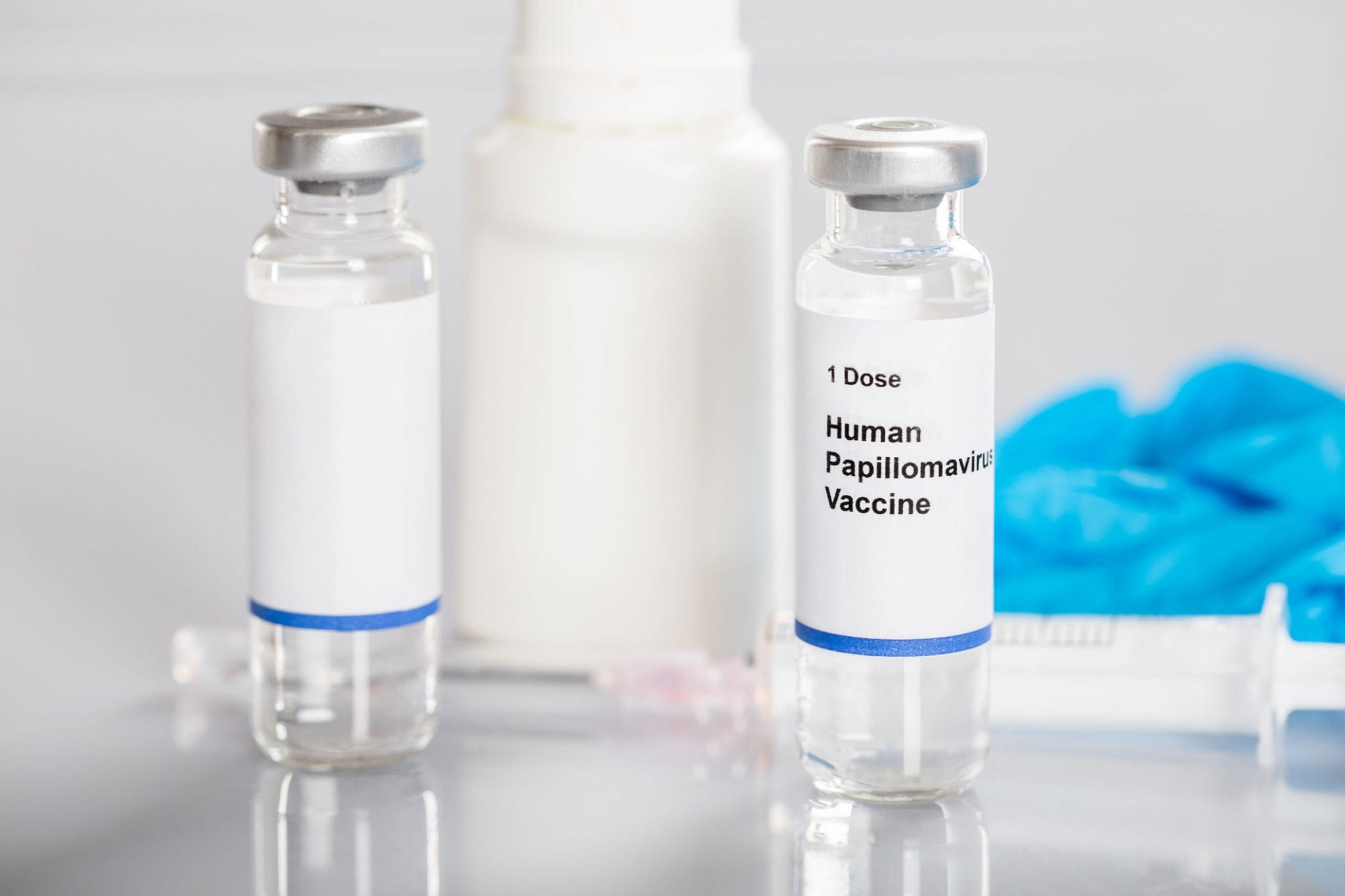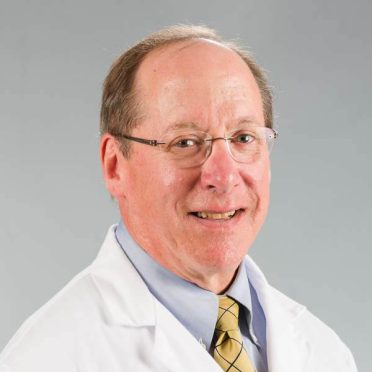Like many things in science and medicine, the vaccine for the human papilloma virus has evolved. First it was recommended for females age 12 to 26 who had not been sexually active, later for males in the same age group who had not had sex.
Recently, however, research prompted the Food and Drug Administration to announce approval of the vaccine, Gardasil 9, for anyone up to the age of 45 as added protection against a number of cancers.
Dr. Andrew Salner, medical director of the Hartford HealthCare Cancer Institute at Hartford Hospital, says the HPV vaccine, which is administered in three doses, provides some immunity against cervical, anal, penile and vulva cancers. In addition, he says physicians are attributing a surge in head and neck cancers to the HPV virus, which lurks in the back of the mouth.
“Cancerous lumps on the tonsils and the base of the tongue are thought to be the result of HPV. While they are largely treatable, treatment needs to be aggressive and comes with various side effects,” Dr. Salner says.
Cervical cancer, on the other hand, is called a silent killer because it has no real symptoms until it is well advanced and harder, if not impossible, to treat.
The HPV virus is sexually transmitted, which was the reason the vaccine was initially targeted at patients who had not been sexually active. The new FDA ruling, Dr. Salner says, underscores the contention that the vaccine can still be effective if a person has been exposed to the virus through sex.
“The vaccine is believed to be 88 percent effective for all people,” he says.
Most people of reproductive age have been exposed to the HPV virus and the vaccine will not protect against all of the disease strains, but does protects against nine strains that can cause the above cancers. The body clears most HPV infections on its own but about 33,000 people are diagnosed with cancers caused by HPV every year.
Dr. Salner says that, despite some controversy when the vaccine was introduced 12 years ago, Gardasil enjoys a “very good safety record.”
“When you balance the benefits vs. the risks, it’s a very safe vaccine,” he says.
Anyone interested in getting the HPV vaccine should speak with their primary care provider. Looking for a primary care physician? Hartford HealthCare Medical Group has locations around Connecticut. Click here to find one near you.


